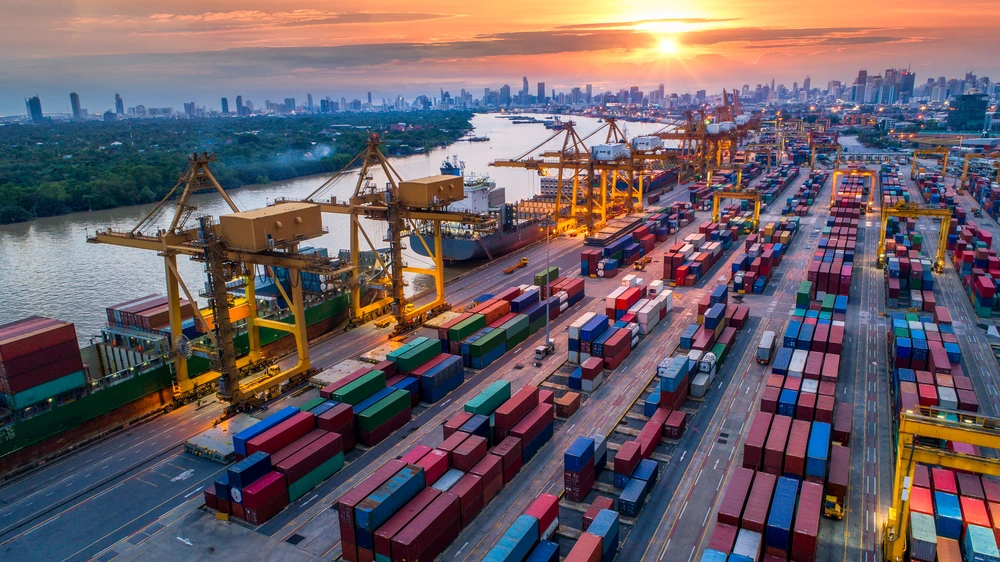The White House confirmed that oil, gas, and refined product imports will remain exempt from President Donald Trump’s newly announced tariffs.
This decision addresses concerns from the U.S. energy sector about potential supply disruptions and cost increases. Trump introduced a 10% tariff on all imports, with higher rates targeting specific trading partners, as part of broader efforts to rebalance trade relationships.
Energy imports from Canada and Mexico, already protected under the United States-Mexico-Canada Agreement (USMCA), remain unaffected. These two countries are the largest suppliers of crude oil to the U.S., with Canada providing up to 70% of the crude processed by refineries in the Midwest.
The exemption also covers global energy imports, ensuring continued shipments of European gasoline and diesel to the East Coast, which depends on foreign fuel due to limited refining capacity.
 U.S. Exempts Oil Imports from New Tariffs to Protect Energy Stability. (Photo Internet reproduction)
U.S. Exempts Oil Imports from New Tariffs to Protect Energy Stability. (Photo Internet reproduction)The exemption reflects a strategic effort to prevent energy price increases that could impact American consumers and businesses. By excluding energy imports from tariffs, the administration ensures stable fuel supplies while focusing trade measures on other industries.
However, sectors outside of energy face challenges as tariffs reshape supply chains and increase costs. Europe remains a key supplier of refined products to the U.S., while Canadian crude oil supports domestic refineries.
The decision highlights the importance of maintaining uninterrupted energy flows while pursuing trade adjustments. While energy imports avoid tariffs, other industries must navigate new economic pressures as trade policies evolve.

 By The Rio Times | Created at 2025-04-03 10:42:18 | Updated at 2025-04-04 05:38:51
19 hours ago
By The Rio Times | Created at 2025-04-03 10:42:18 | Updated at 2025-04-04 05:38:51
19 hours ago








